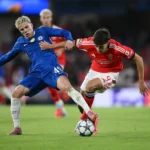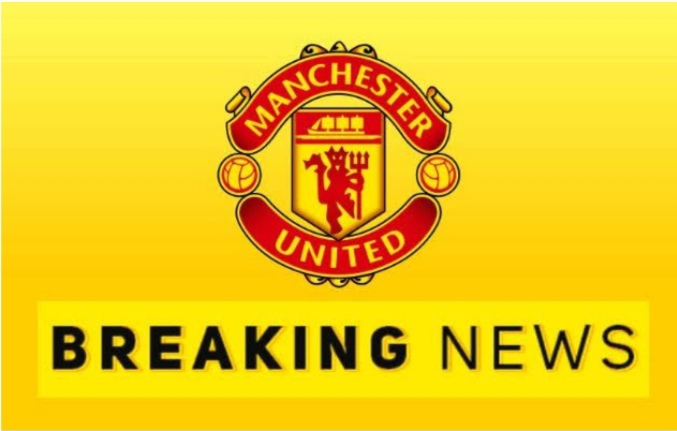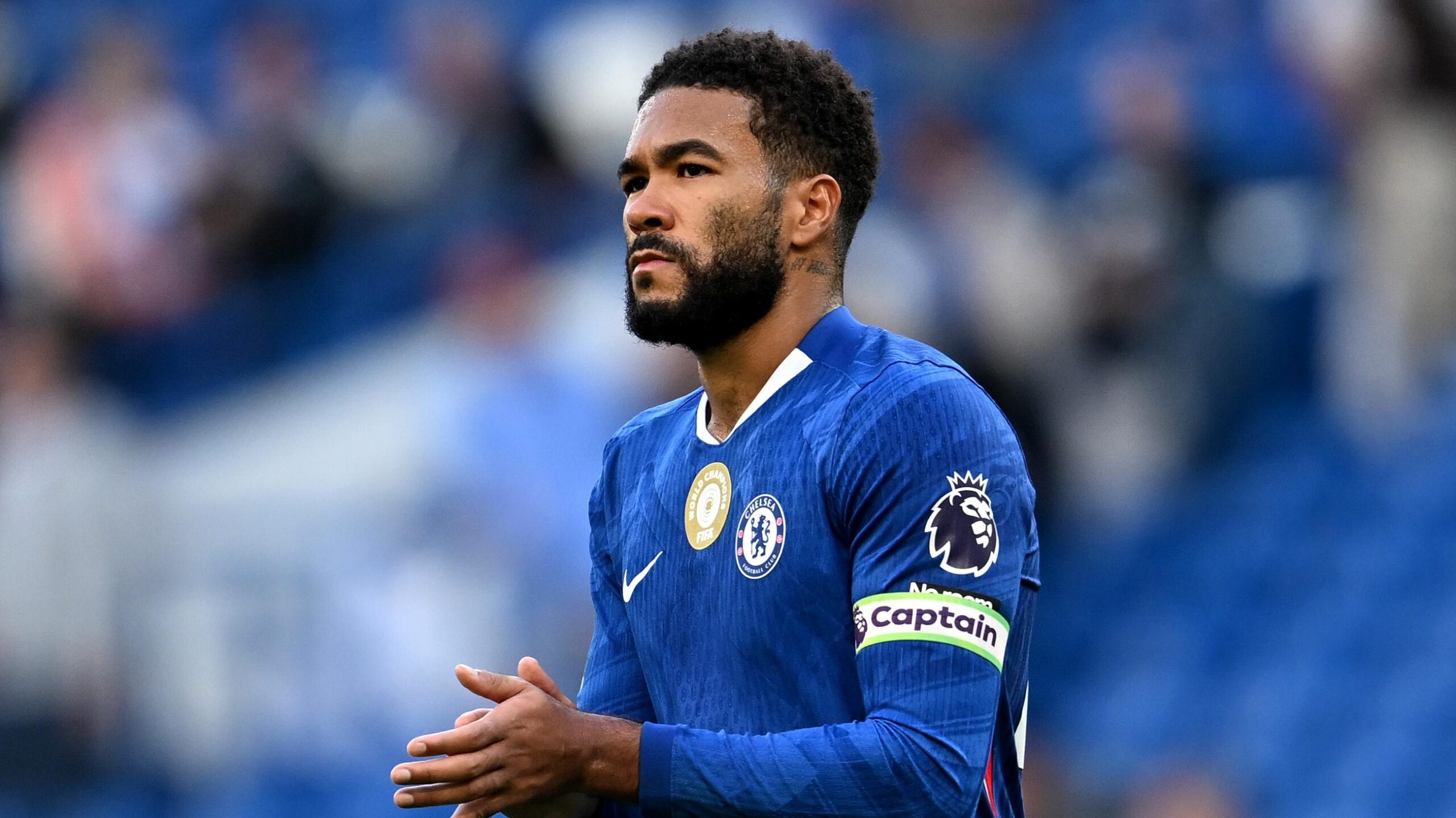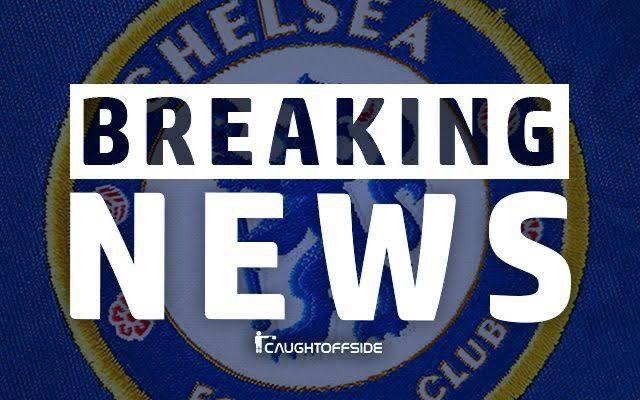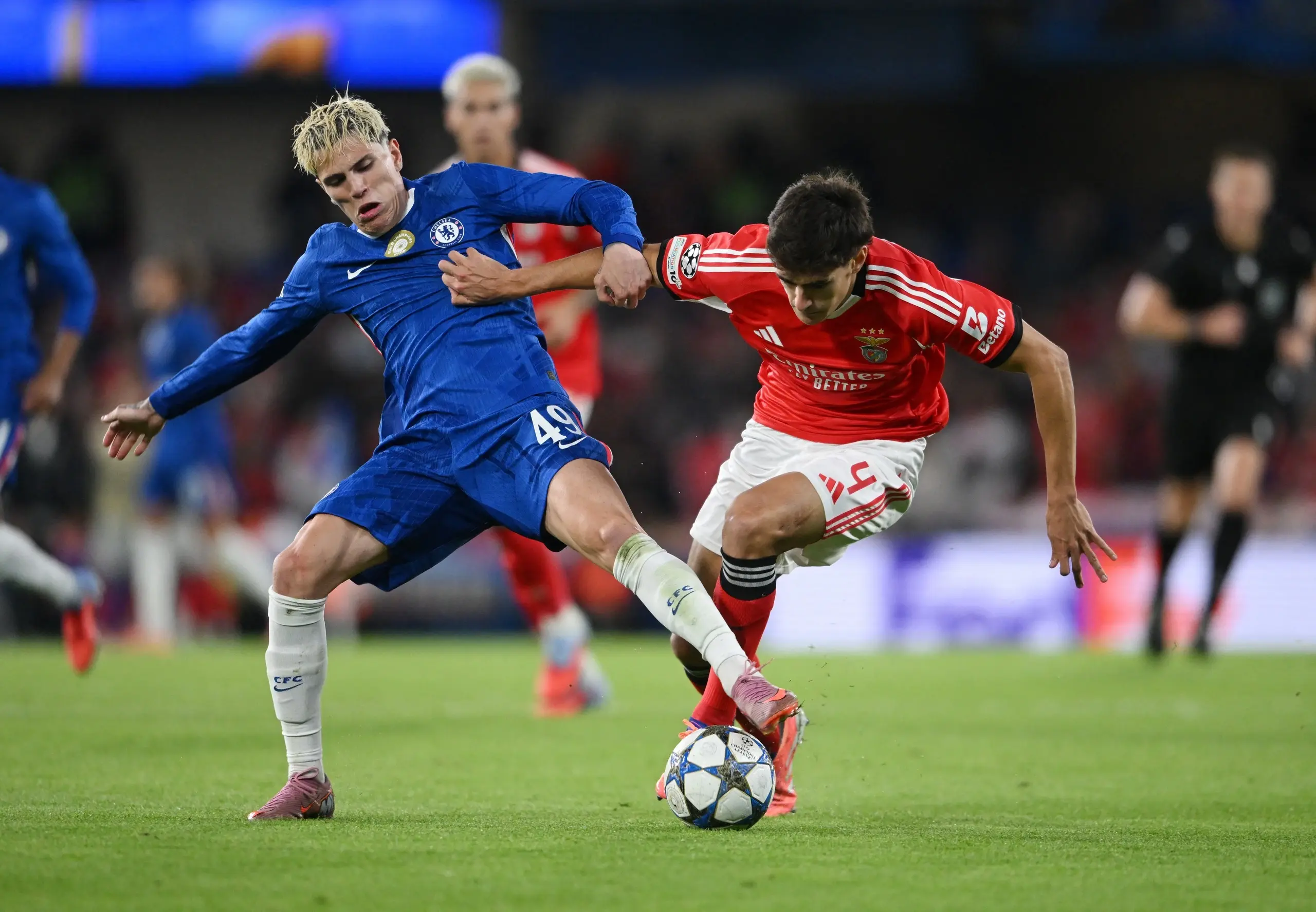This summer, Manchester United witnessed a notable story off the pitch involving goalkeeper Andre Onana, whose contract situation has been a talking point among fans and pundits alike. Onana returned to Carrington with a clear and uncompromising position: he wanted a new contract. This stance has been consistent since he received the standard 25 percent salary cut following Manchester United’s failure to qualify for the Champions League. The goalkeeper’s demand reflects both his belief in his value to the club and the financial realities players face when clubs miss out on Europe’s premier competition.
Onana’s position, however, was not welcomed warmly by manager Ruben Amorim. The request for a pay rise created tension within the club, as it challenged both the standard policies in place and the hierarchical balance of authority. Yet despite this disagreement, Manchester United made no attempts to push Onana out or find a transfer solution. This suggests that, while the club may have disagreed with his approach, they still valued him as an asset and recognized his potential to contribute to the squad, both in the present season and in the years ahead.
During this period, the only club to show serious interest in Onana was Monaco. The French side reportedly entered discussions regarding a potential transfer, but the negotiations hit a clear roadblock: Manchester United set a minimum asking price of £30 million for their goalkeeper. This valuation reflected the club’s belief in Onana’s quality, his experience at the highest level, and his potential to remain a top performer in the Premier League. Monaco ultimately declined to meet this valuation, effectively ending their pursuit and leaving Onana at Old Trafford.
This situation underscores several important dynamics in modern football. First, it highlights the delicate balance between player ambition and club policy. Onana, having established himself as a top goalkeeper, naturally expected compensation that reflected his performance and importance to the team. From his perspective, the cut in wages following the club’s Champions League absence may have felt unfair, particularly given his contributions and professional standing. At the same time, the club has financial structures and policies that it must uphold, ensuring fairness across the squad and managing budgets responsibly.
Second, the standoff illustrates the strategic decision-making behind Manchester United’s handling of key players. By refusing to sell Onana despite his contract demands, the club demonstrated that they prioritize quality and long-term stability over short-term financial gains. Letting a top goalkeeper leave on terms the club did not consider acceptable would have weakened the squad. Maintaining control over transfers and valuations ensures that the club protects its assets while sending a clear message about standards and expectations.
Third, the situation reveals the limited transfer options for elite goalkeepers. While Monaco expressed interest, their refusal to meet Manchester United’s valuation reflects the scarcity of clubs willing or able to invest heavily in a goalkeeper of Onana’s caliber. This demonstrates that top-tier keepers are not just athletes but strategic assets whose market value is influenced by both performance and scarcity. For Onana, this meant that staying at Manchester United became the most practical option, even if he had hoped for a revised contract.
The interplay between player ambition, club policy, and market dynamics is central to understanding why Onana remains at Carrington despite tensions. Onana’s desire for a new contract was a logical step from his perspective, but the club’s decision to uphold its valuation and refuse immediate transfer options was equally rational. Both sides had legitimate positions, resulting in a delicate standoff that has shaped the narrative around Manchester United’s goalkeeping department this summer.
Moreover, Onana’s situation has broader implications for the squad. A goalkeeper’s stability and confidence are critical to team performance. By remaining at the club, Onana ensures continuity in a key position, which benefits both the defensive line and overall squad cohesion. At the same time, the negotiations may have served as a reminder to all players about the club’s policies regarding contracts, performance, and market value. Such precedents are important in maintaining organizational discipline and fairness.
Fans have understandably had mixed reactions. Some sympathize with Onana, viewing him as a player who deserves recognition and financial reward commensurate with his abilities. Others may side with the club, appreciating that Manchester United maintained control over the situation and did not bend to demands that could have set a challenging precedent. Regardless of perspective, the story reflects the complexities of managing high-profile talent at a top club, where performance, finance, and personality all intersect.
It’s also worth noting that Onana’s decision to stay, despite his dissatisfaction, speaks to his professionalism. He remains committed to performing on the pitch and contributing to Manchester United’s objectives. The club, for its part, will need to manage the situation carefully, ensuring that any residual tension does not impact performance. Effective communication, mutual respect, and clearly defined expectations will be critical in maintaining harmony within the squad and securing the results the club seeks.
Looking forward, the story of Onana’s contract situation may influence future negotiations with other players. The balance between rewarding performance, adhering to club policy, and maintaining squad cohesion is a recurring challenge in football. Manchester United’s handling of this case demonstrates that the club is willing to take a firm but fair approach, ensuring that both player and club interests are considered while upholding standards.
In conclusion, Andre Onana’s summer at Manchester United has been defined by a high-stakes contract standoff. His desire for a new contract following the standard wage reduction for missing the Champions League, combined with the club’s refusal to sell him below a £30 million valuation, has created a complex but ultimately rational situation. Both parties had valid positions: Onana seeking recognition for his contributions, and Manchester United protecting its assets and maintaining policy standards


